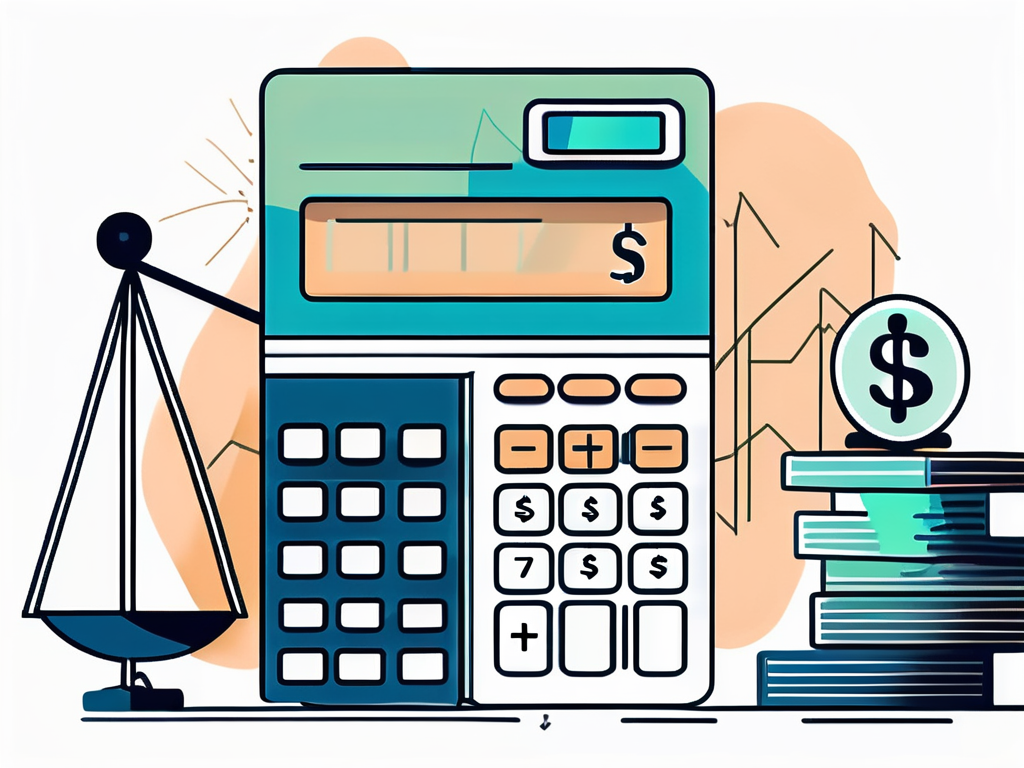Welcome, dear reader, to the wild, wacky, and wonderfully complex world of net income! You might be thinking, “Net income? Isn’t that just the money I have left after I pay my bills?” Well, kind of, but in the thrilling realm of small business CPA, it’s so much more than that! So buckle up, grab a calculator, and let’s dive into the deep end of the financial pool.
Net income, also known as the “bottom line,” is the grand finale of your income statement. It’s the big reveal at the end of the magic show, the final note of the symphony, the punchline of the accountant’s joke (yes, accountants have jokes). It’s the number that tells you whether your business made a profit or a loss. But how do we get there? Let’s break it down!
Understanding Gross Income
Before we can talk about net income, we need to talk about gross income. No, it’s not income that’s disgusting or off-putting, it’s your total income before any expenses are subtracted. Think of it as your business’s paycheck before taxes and other deductions. It’s like the raw dough before you start adding the toppings to make a delicious profit pizza.
Gross income includes all the money your business earns from its operations. That could be sales of products or services, interest on investments, or even rental income if you’re a landlord. It’s the total amount of money that flows into your business, like a river of cash. But remember, this is just the starting point. We haven’t started subtracting expenses yet!
Calculating Gross Income
Calculating gross income is as simple as adding up all your sources of income. If you’re a baker, it’s the total amount of money you make from selling bread, cakes, and pastries. If you’re a plumber, it’s the total amount of money you make from fixing pipes and installing fixtures. If you’re a professional clown, it’s the total amount of money you make from… well, clowning around.
But remember, gross income is just the first step. It’s like the opening act of the financial concert. It sets the stage, but it’s not the main event. That’s where net income comes in!
Subtracting Expenses
Now that we’ve calculated our gross income, it’s time to start subtracting expenses. This is where things start to get a little tricky, and a little fun! Expenses are all the costs associated with running your business. They’re like the toppings on the profit pizza, or the supporting cast in the financial concert.

There are many types of expenses, including cost of goods sold (COGS), operating expenses, taxes, and interest. Each of these categories has its own rules and regulations, and understanding them is crucial to calculating your net income accurately. So let’s take a closer look!
Cost of Goods Sold (COGS)
Cost of Goods Sold, or COGS, is the total cost of all the goods or services that your business sold during a given period. This includes the cost of materials and labor directly used to create the product, but not indirect expenses like distribution costs or sales force costs. If you’re a baker, it’s the cost of the flour, sugar, and eggs you used to make your pastries. If you’re a plumber, it’s the cost of the pipes and fixtures you installed.
Subtracting COGS from your gross income gives you your gross profit. This is the first major milestone on the road to net income, and it’s an important one. But we’re not done yet! There are still more expenses to subtract.
Operating Expenses
Operating expenses are the costs associated with running your business on a day-to-day basis. They’re like the fuel that keeps the financial engine running. This includes rent, utilities, salaries, advertising, insurance, and more. These costs are necessary for your business to operate, but they also eat into your profits.
Subtracting operating expenses from your gross profit gives you your operating profit, also known as operating income. This is another important milestone on the road to net income. But hold onto your calculators, folks, because we still have more expenses to subtract!
Subtracting Taxes and Interest
Just when you thought you were done subtracting expenses, along come taxes and interest. These are the final hurdles on the road to net income. Taxes are the fees you pay to the government, and interest is the cost of borrowing money. Both of these expenses can take a big bite out of your profits, so it’s important to calculate them accurately.
Subtracting taxes and interest from your operating profit gives you your net income. Congratulations, you’ve made it to the bottom line! But what does this number mean? Let’s find out!
Interpreting Net Income
Net income is the final number at the bottom of your income statement. It’s the culmination of all your hard work, the grand finale of the financial concert. If your net income is positive, that means your business made a profit. If it’s negative, that means your business made a loss. But either way, it’s an important number that tells you a lot about the financial health of your business.
But remember, net income is just one piece of the financial puzzle. It’s an important piece, but it’s not the only one. To get a complete picture of your business’s financial health, you need to look at other financial statements as well, like the balance sheet and the cash flow statement. But that’s a topic for another hilariously long and detailed glossary article!
Conclusion
And there you have it, folks! That’s net income in a nutshell (or rather, in a hilariously long and detailed glossary article). It’s a complex topic, but hopefully we’ve made it a little less intimidating and a little more fun. So the next time someone asks you about net income, you can say, “Net income? Oh, you mean the bottom line, the grand finale, the punchline of the accountant’s joke? Yeah, I know all about that!”
Remember, understanding your net income is crucial to running a successful business. It’s the number that tells you whether you’re making a profit or a loss, and it can help you make important decisions about the future of your business. So keep crunching those numbers, keep asking questions, and keep learning. The world of small business CPA is a wild and wacky one, but it’s also incredibly rewarding. So dive in, and enjoy the ride!


